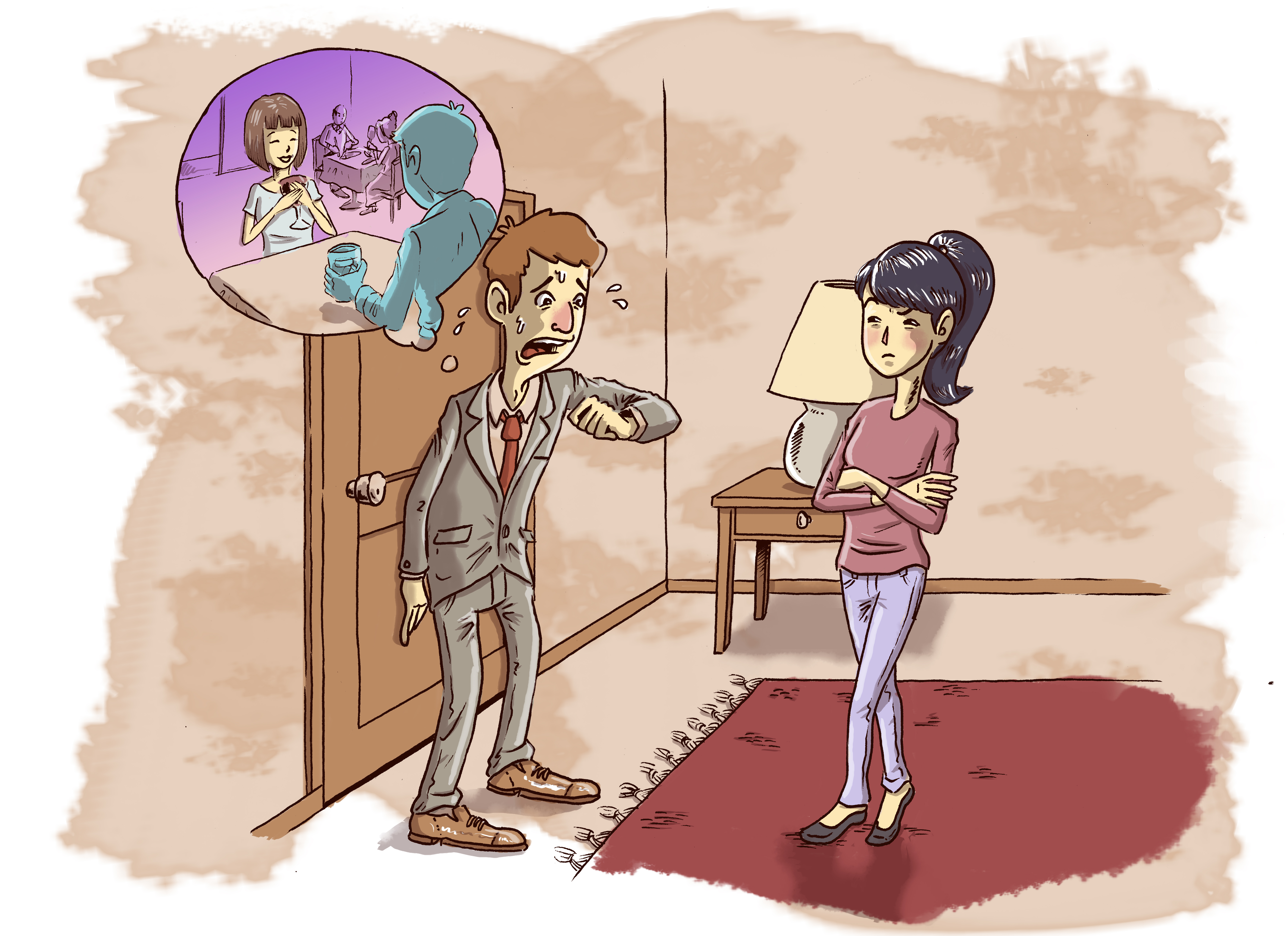Like most people I know, I'm a truth-loving liar. I get upset about the lies of others — how dare they, do they think I'm stupid? — but then, caught in a pinch, I've had to bury my grandmother twice to get extensions on urgent projects. I've misrepresented my age, my weight and my girlfriend's hairstyle, and I cheer vacuous Facebook pics of identical bowls of ramen, just to finagle your "like" for my new motivational message. And no — no no — I cannot fathom what sort of doofus would jam the copier and then not have the guts to fess up.
The Japanese have a proverb that says lying is a means to an end: uso mo hōben. There can be candor in stating the obvious.
Except for those cocooned in denial, most people would agree that everyone lies. But while each culture has its own codes about how and to whom to do it, there is a notion that Japanese people are more insincere than others, that their concept of tatemae — which means that the true, honest self should be hidden behind public pretense — not only mandates but values deception. Ironically, the Japanese themselves, unversed in explaining their ways to others, can give ammunition to ethnocentric attacks.

















With your current subscription plan you can comment on stories. However, before writing your first comment, please create a display name in the Profile section of your subscriber account page.